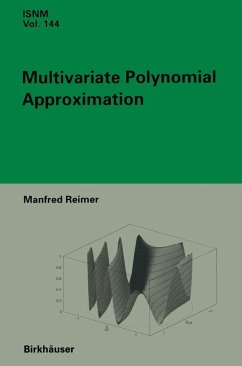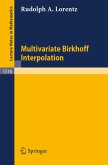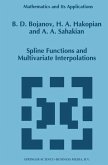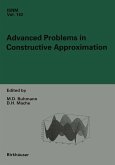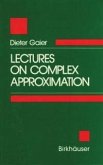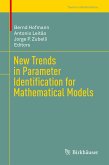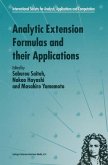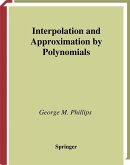This book introduces general theory by presenting the most important facts on multivariate interpolation, quadrature, orthogonal projections and their summation, all treated under a constructive view, and embedded in the theory of positive linear operators. On this background, the book builds the first comprehensive introduction to the theory of generalized hyperinterpolation. Several parts of the book are based on rotation principles, which are presented in the beginning of the book.
Dieser Download kann aus rechtlichen Gründen nur mit Rechnungsadresse in A, B, BG, CY, CZ, D, DK, EW, E, FIN, F, GR, HR, H, IRL, I, LT, L, LR, M, NL, PL, P, R, S, SLO, SK ausgeliefert werden.

